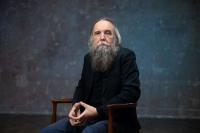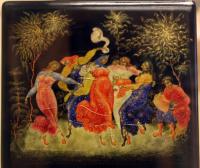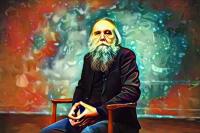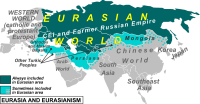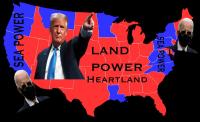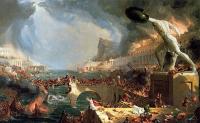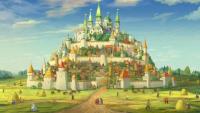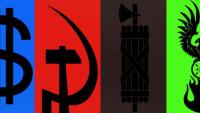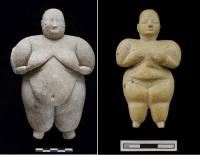Traditionalism as a Theory: Sophia, Plato and the Event
Traditionalism is something other than tradition. It is a breakthrough to that which is the tradition of traditions, the secret grain, the theory. But being a theory, a construct, it needs to be continuously recreated. A construct is not so bad if the matter at hand is something rooted in the light nature of man himself. By creating, man creates himself. Therefore, Traditionalism must either happen or disappear. Its claims are too enormous and its bar has been set too high by Guénon and the Sophiologists on whom he constructed his doctrine. “Perennialism” means that Sophia is Perennis: she is here and now. But how can we relate the fact of the Kali Yuga, our God-forsaken “now” and the dustbin of the modern Western-centric global world, our vile, desolate “here”, with the rays of the Angel-Initiator, the light of Great Love, and the nature of man as a winged divine being? The Gnostics offered a dualist answer which often seems to be the only one acceptable and applicable to us. But is this not simply a recognition of our own weakness, of our own personal inability to transform the “Cover” into the “Mirror”, Absence into Presence, apophany into epiphany, and occultation into revelation? Is this not the signature on the warrant for the death of the Logos, the insuperability of Western nihilism, or the recognition of the closed, self-referential world to be the only possible and real?

